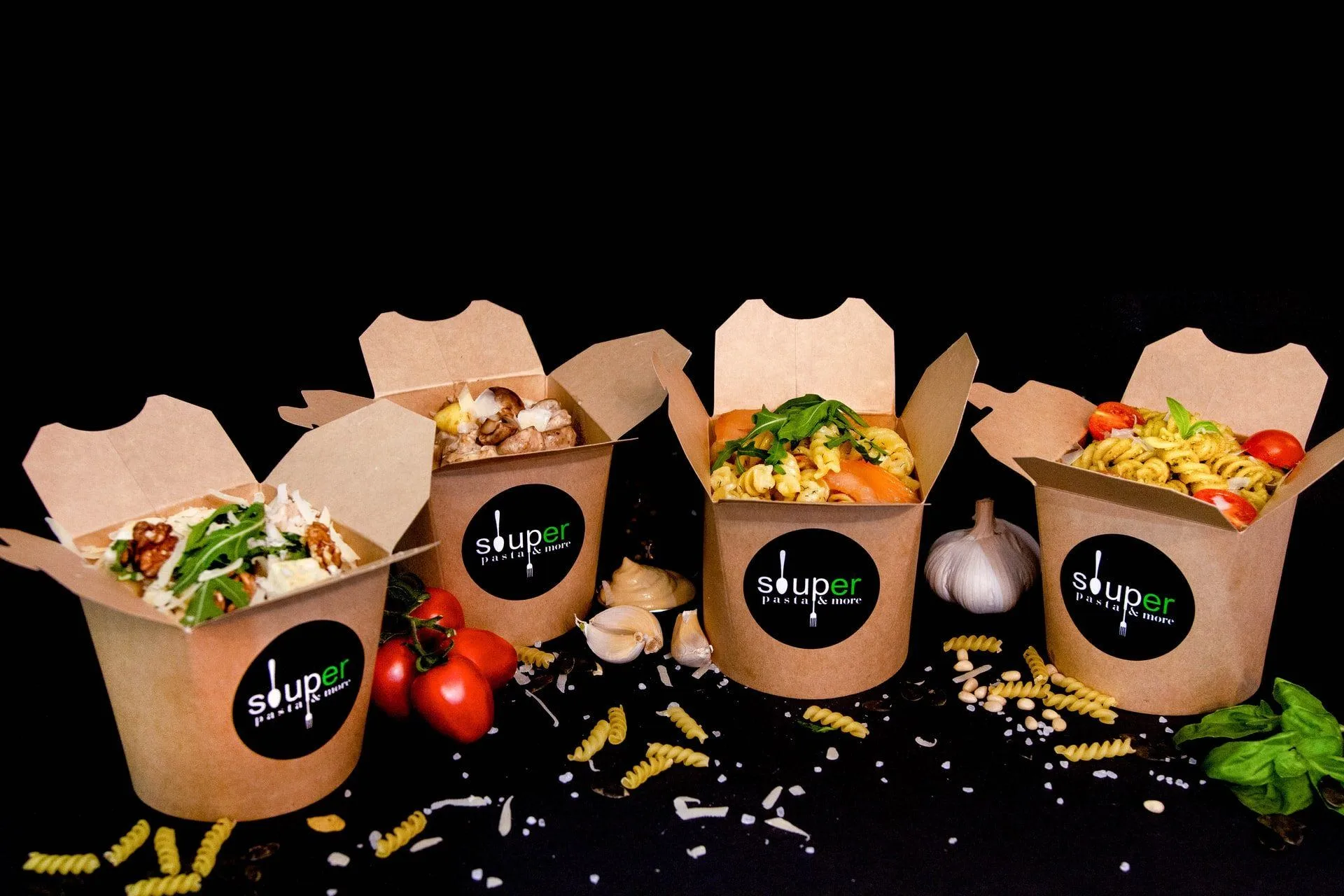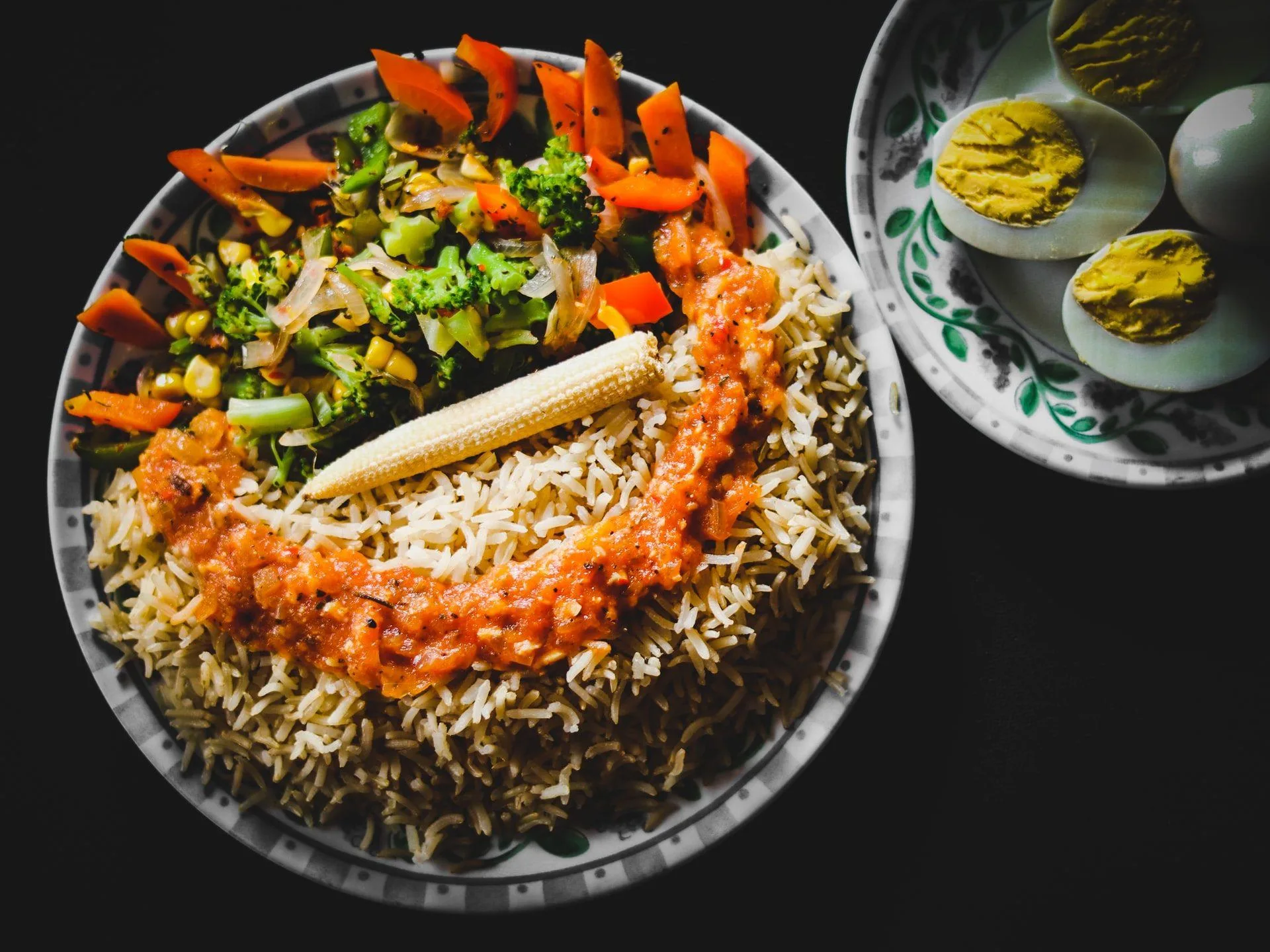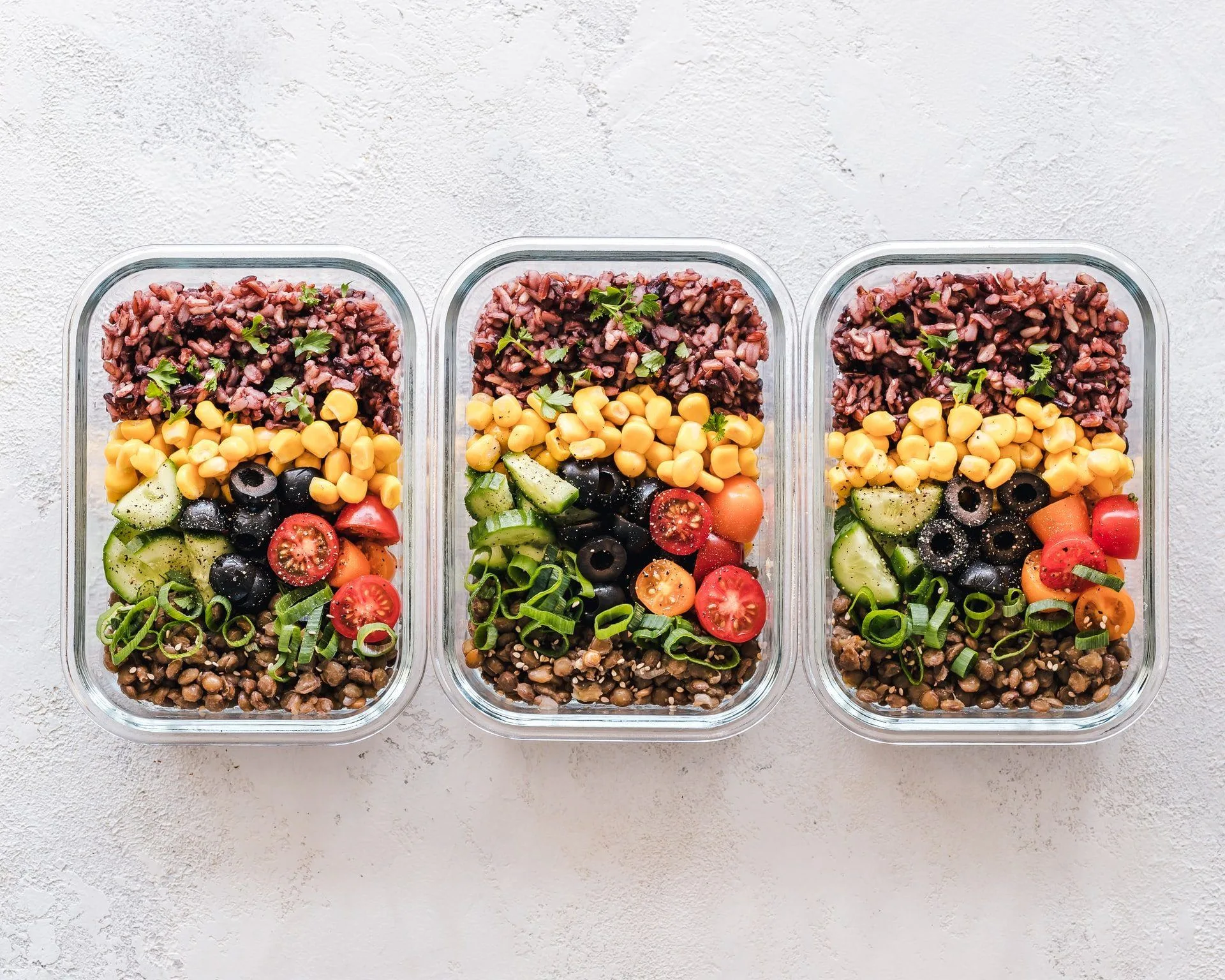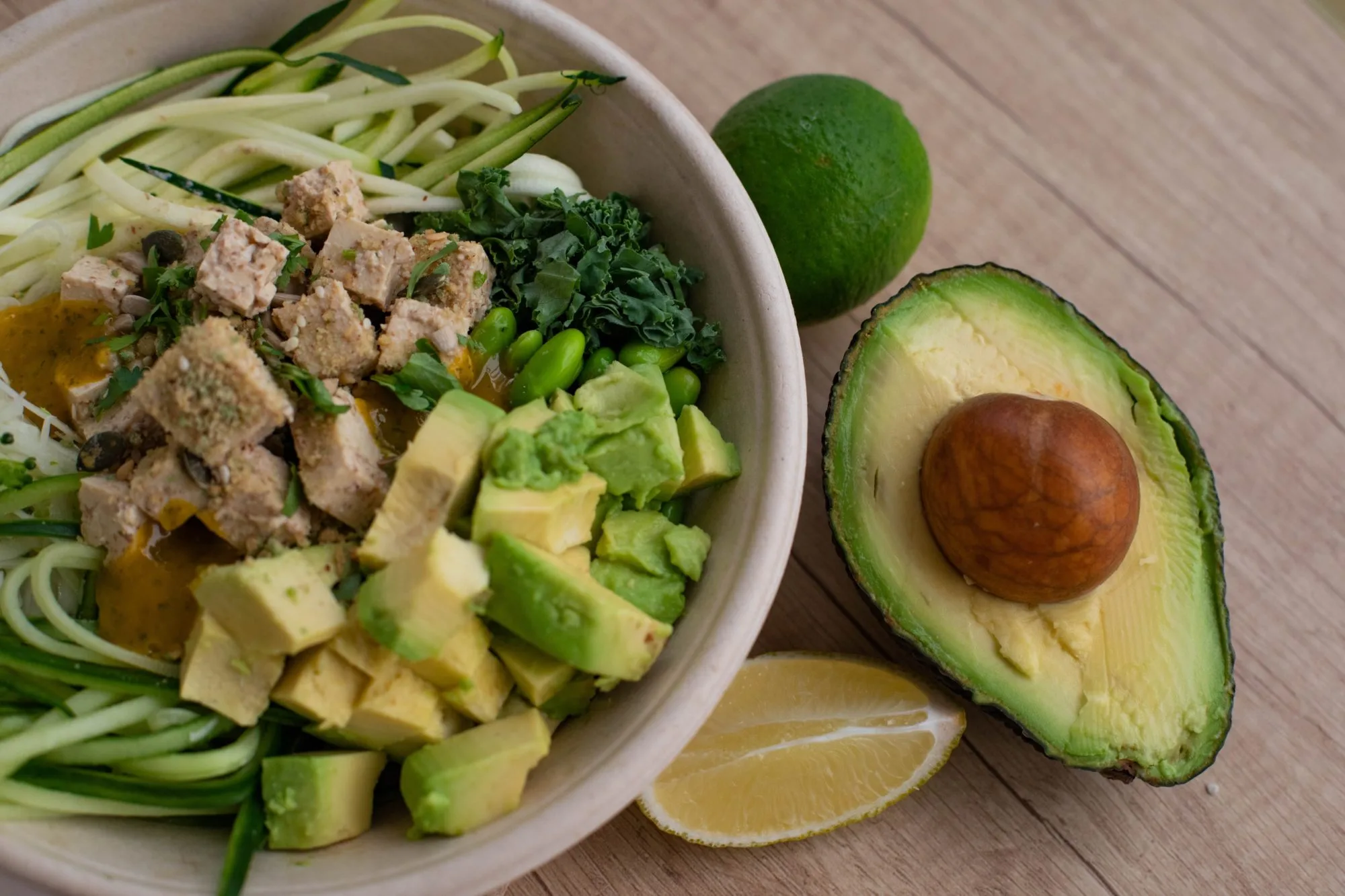A healthy diet rejuvenates and prevents your body from different illnesses while strengthening you. Eating healthy and balanced meals consisting of fruits, vegetables, legumes, and carbohydrates can be costly, especially under a tight budget.
It requires you to consume less fat, eat more fruits and vegetables, and regulate your sugar intake. There are various ways of saving money while enjoying healthier meals regardless of your budget.
Reduce Intake Of Processed Foods
Buying highly processed foods such as cookies, sodas and prepackaged meals in the food stores is expensive and unhealthy. Avoid processed foods and focus on quality and whole foods that are full of nutrients. Consider foods such as avocados for heart health, whole grains, legumes, fish, lean meats, and so on.

Photo by Trang Doan from Pexels
Prepare Meals At Home
Preparing meals is more cost-effective than eating out, and it is also easier to control what you eat. Cultivate the habit of cooking at home instead of grabbing whatever is available in a restaurant.
You may decide to cook food that will be enough for some days instead of cooking daily.
Avoid Shopping When Hungry
Going to a grocery shop or any other food store when hungry can make you shift from your shopping list and do impulse buying. It also creates an opportunity to reach out for processed foods that are not good for your body. Since the food is not part of your shopping list, it will spoil your shopping budget.
Create a Meal Plan
Saving money and eating healthy meals require proper planning. Have a specific day in a week and plan the whole week’s meals while paying attention to a healthy diet. Check what you already have in your cabinets and the fridge and come up with a list of groceries. To avoid wastages, plan to buy only the food items that you are going to use.
Repurpose Your Leftovers
Eating the same kinds of foods two or more days in a row can be very boring. Instead, is reheating your leftovers, try to be more creative by repurposing them.

Photo by Földesi Ágoston on Unsplash
Throw a skillset on leftovers by adding something different, whether vegetables or a little sauce.
Buy and Cook in Bulk
Shopping for meals is one of the best ways to enjoy healthy meals on a budget. To enjoy economies of scale, buy foods such as meat, rice, grains, nuts, and flour in bulk. Cooking your meals in bulk and storing the leftovers in your freezer for another night is healthy and cost-effective.
Stick To Your Shopping List
Making a grocery list is one thing and sticking to it is another. It is easy to be tempted to buy foodstuff that is on offer or out of peer pressure. Impulse buying can eat into your wallet, so shop according to your list and fill your cart with whole foods.
Buy Cheaper Meat Cuts
Fresh fish and meat may be expensive, so try to get cuts of meat to save some money. Shop for whole chicken, ground poultry or meat, and chuck steak and use it for casseroles, burritos, stews, stir-fries, and soups. It could also be important to buy inexpensive and large meat cuts that you can use in various meals of the week.

Photo by VD Photography on Unsplash
Use Plant Proteins Instead Of Meat
One of the best ways to save money is by consuming less meat and taking more plant-based proteins.
Find alternative sources of proteins such as hemp seeds, canned fish, eggs, and legumes. Such foods are cheaper, have longer shelf lives, are easy to prepare, and are very nutritious.
Shop For Food Items That Are In Season
Local food items that are in season are cheaper than those that are out of season. Additionally, they are full of flavor and nutrition, unlike others that may be transported from far places to get to your store. Instead of buying such foods in pieces, buy them in a bag if possible. If you buy too much, freeze the rest or make it part of your subsequent meals.
Buy Generic Brands
Food stores stock high-quality and cost-effective generic foods that are good for your body and your wallet too. Generic brands are almost similar to premium brands but are cheaper. Before buying them, read through the ingredients to ensure that they meet quality standards.
Carry Packed Lunch
Eating in hotels and restaurants can be expensive, especially if you do it regularly. To save some money, pack your lunch drinks, snacks, and other meals while going to work.
Carrying lunch means having total control of the foods you want to eat and enjoying the health benefits of the same. Deciding what to pack every day requires a lot of planning, but it is cost-effective in the long run.
Grow Some Foods
If possible, it is a good idea to grow some fruits and vegetables in your garden. Seeds are easy to find and are cheaper, so with little effort and time, it is possible to enjoy healthy meals on a budget. To have a constant supply and save money, grow tomatoes, onions, sprouts, herbs, and other delicious crops.
Buy From Online Retailers
Many online retailers offer cheaper and nutritious foods than ordinary grocery stores. Register with online vendors to access deals and huge discounts while paying attention to healthy stuff. Retailers will deliver goods to your doorstep, which means additional savings on transportation. Identify those that deal with unprocessed and nutritious foods and buy as much as possible from them.

Photo by Ella Olsson on Unsplash
Freeze Your Food
Freezing the remaining vegetables and fruits instead of wasting them is a great cost-saving idea. Alternatively, you may stock seasonal items by sealing them in air-tight bags and freezing them. Prepare them well before consumption and enjoy healthy foods on a budget throughout the year.
Conclusion
Eating healthy meals on a budget requires following the above simple and clever tips. By observing a healthy diet, you will avoid unnecessary costs of visiting your doctor, and it will be easier to live a quality life. Eating nutritious food is worth all the efforts and the time you put in, so avoid compromising your health at all costs.



![women [longevity live]](https://longevitylive.com/wp-content/uploads/2020/01/photo-of-women-walking-down-the-street-1116984-100x100.jpg)










